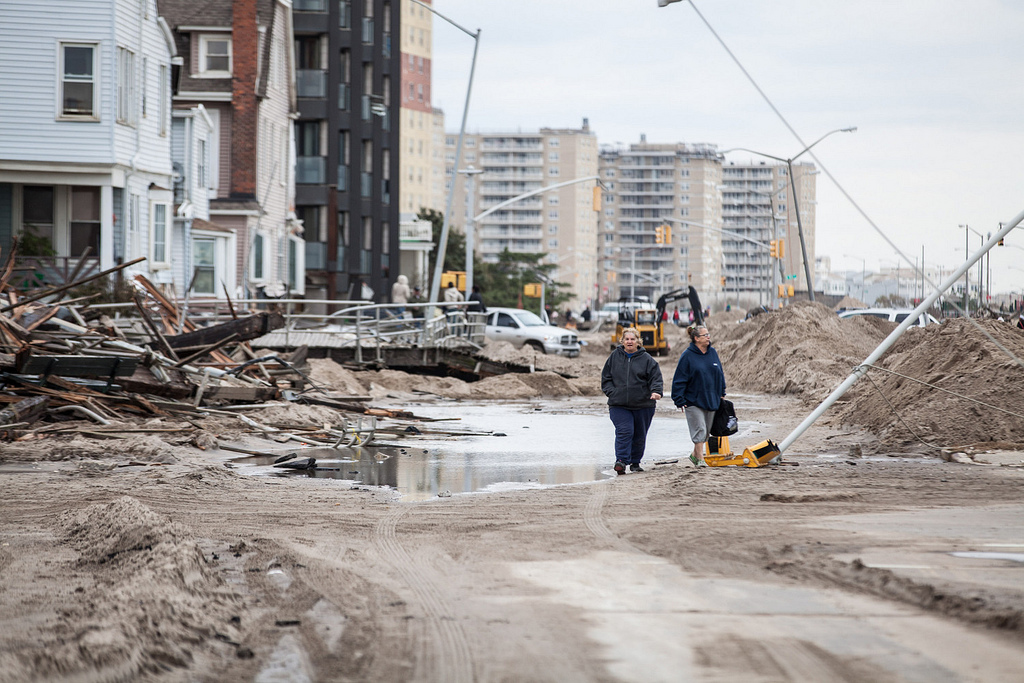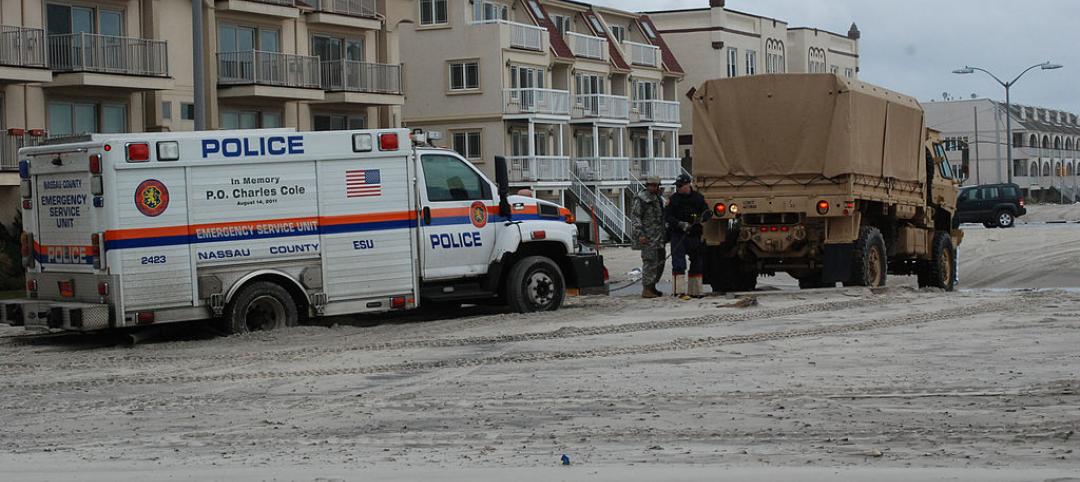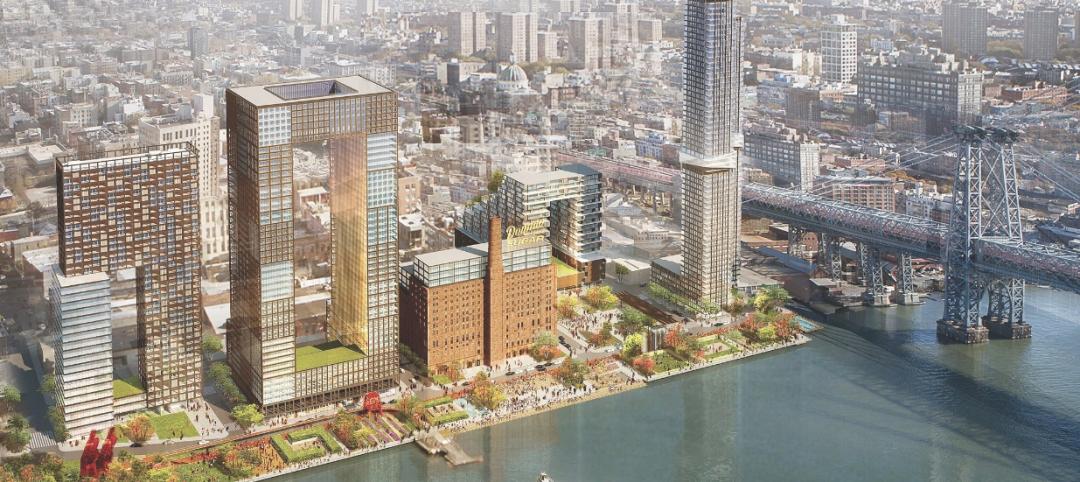The National Institute of Building Sciences has released a new white paper calling for sweeping action to improve the nation’s resilience to natural disasters.
“The current methods to incentivize investment in resilience strategies rely on three primary mechanisms: federal grant programs (with some support from private foundations); insurance premium discounts for implementing measures to reduce vulnerability; and the political will of communities, either in the wake of a disaster or before an event occurs, through the foresight of community champions,” NIBS says. “While these approaches have provided a level of resilience, they have taken the nation only so far.”
The white paper “Developing Pre-Disaster Resilience Based on Public and Private Incentivization” makes the case that the most cost-effective manner to achieve resilience is through a holistic and integrated set of public, private, and hybrid programs based on capturing opportunities available through mortgages and loans; insurance; finance; tax incentives and credits; grants; regulations; and enhanced building codes.
The white paper identifies a number of possible strategies that stakeholders can use, as the next step, to begin developing the public-private incentives to support resilience. With these approaches, the MMC/CFIRE team hopes that in time, promoting and implementing resilience will become part of common business practices, and integral to maintaining and enhancing the nation’s economy.
Related Stories
Smart Buildings | Oct 30, 2014
Energy Department pledges $9 million for energy efficiency improvements on commercial buildings
The U.S. Dept. of Energy will spend $9 million to encourage investments in energy-saving technologies that can be tested and deployed in offices, shops, restaurants, hospitals, hotels and other types of commercial buildings.
Smart Buildings | Oct 29, 2014
SCAPE’s 'living breakwaters' resiliency development wins 2014 Buckminster Fuller Challenge
New York-based landscape architecture firm SCAPE won the Buckminster Fuller Institute’s 2014 Fuller Challenge, billed as socially responsible design’s highest award.
Smart Buildings | Jun 8, 2014
Big Data: How one city took control of its facility assets with data
Over the past few years, Buffalo has developed a cutting-edge facility management program to ensure it's utilizing its facilities and operations as efficiently, effectively, and sustainably as possible.
Smart Buildings | May 19, 2014
New York should forget about surge barriers for most cost-effective resiliency plan, say researchers
Massive storm surge barriers would be too costly for the potential benefit to protect New York City from violent storms like Hurricane Sandy, researchers say.
Smart Buildings | Apr 28, 2014
Cities Alive: Arup report examines latest trends in urban green spaces
From vertical farming to glowing trees (yes, glowing trees), Arup engineers imagine the future of green infrastructure in cities across the world.
Smart Buildings | Jan 7, 2014
9 mega redevelopments poised to transform the urban landscape
Slowed by the recession—and often by protracted negotiations—some big redevelopment plans are now moving ahead. Here’s a sampling of nine major mixed-use projects throughout the country.
Smart Buildings | Sep 13, 2013
Chicago latest U.S. city to mandate building energy benchmarking
The Windy City is the latest U.S. city to enact legislation that mandates building energy benchmarking and disclosure for owners of large commercial and residential buildings.
Smart Buildings | Feb 14, 2013
Minneapolis joins energy benchmarking trend for commercial buildings
Minneapolis is the latest major metro to require large commercial buildings to benchmark and disclose their energy and water use.













